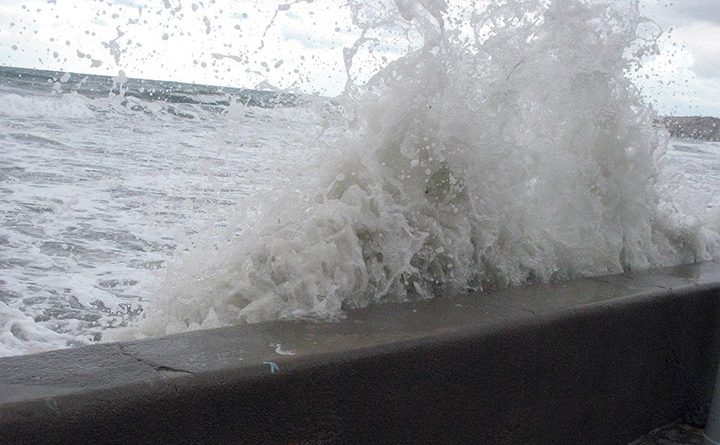Atmospheric Rivers and the Declining Depth Of Our Reservoirs
Did you know: Lake Mead, located on the Colorado River at the Nevada and Arizona border is America’s largest reservoir? The water level is about 143 feet below capacity. The reason is a decades-long drought exacerbated by global warning — climate change.
Even without global warming the human dependence on the Colorado River for urban and farming use, plus electricity takes its toll. Over 25 million people rely on Lake Mead for just about everything.
Ever year Lake Mead loses about six feet of water to evaporation. That’s on top of all the human consumption. If the lake loses another 175 feet the Hoover Dam, the massive New Deal era structure will cease to function. The river will just stop flowing through the dam.
Obviously, the toll on the local habitat surrounding the Colorado River didn’t factor into the planning, not much anyway. This was an opportunity to bring more water to the over-farmed Central Valley of California and to Los Angeles, which was quickly becoming America’s second most populated city.
During and after World War II mobsters and speculators alike started building up a small town not far from Los Angeles, a stopover for traveling members of the military, into what we now know as Las Vegas. The city of sin gets 90 percent of its water from Lake Mead.
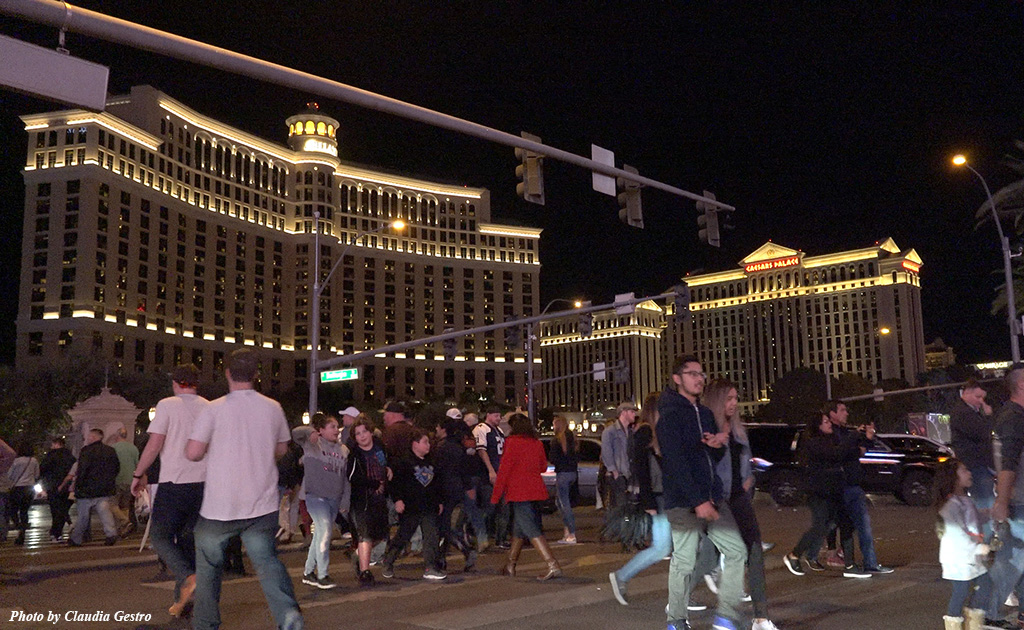
Las Vegas has been planning for this water crisis for years, but part of the city’s water planning includes the hope that we in the southwest will get one giant snowpack, from a rain-soaked winter storm season. That is most likely not going to happen any time soon.
All of this came to mind because A) California is having massive winter storms right now and many places are experiencing flooding, and B) I came across an article on the CNN website about the impending death of Lake Mead.
The first time I visited Las Vegas was 1976. The first time I visited the Hoover Dam was 1989, which was also the first year I visited Laughlin, Nevada.
The Colorado River is just about the most human-stressed river in North America. I was stationed at MCAS Yuma, AZ for a couple years. While there I visited the Yuma Prison Museum. The cells were appropriately bleak, but what caught my eye and sticks with me to this day (some 47-48 years later) were the photos of Yuma when it was a port city.
Seriously?
There were steamboats traveling up and down the river bringing tourists and commerce. It was a major port city.
Seven major rivers were tributaries carrying an average of 16.3 million acre-feet of water into the Gulf of California, the Sea of Cortez. Then along came the dams, 14 in all.
The Hoover Dam is the most well-known, but there are the Parker, Palo Verde, Laguna Diversion and Imperial dams which divert water to California. Before European descendants figured they knew better than Mother Nature, the Colorado River had a beautiful delta on the Sea of Cortez. Now it’s dry — bone dry.
The arrogance of humankind is killing the planet. On top of all the rivers that have been dangerously transformed by dams and other structures, we continue to use record levels of fossil fuels to move our bodies and goods, heat and cool our homes and businesses, which have produced greenhouse gasses that trap in the heat, which warms the oceans, which prematurely melts glaciers, ice flows and giant ice shelfs of Antarctica; then raises the sea levels and temperatures, which in turn have changed the currents … and we are having these massive storms all across America, dumping lots and lots of water on California causing levee breaks and flooding.
We did this. Sure, we need the rain after 20-plus years of drought, but it won’t be enough to offset the lost water levels of the last 20 years, let alone the increased demand by all of us who are exploiting the river. The damning fact about this crisis is that science has been telling us this has been happening for over 50 years. It’s a big reason Earth Day was created, which is Saturday, April 22 this year.
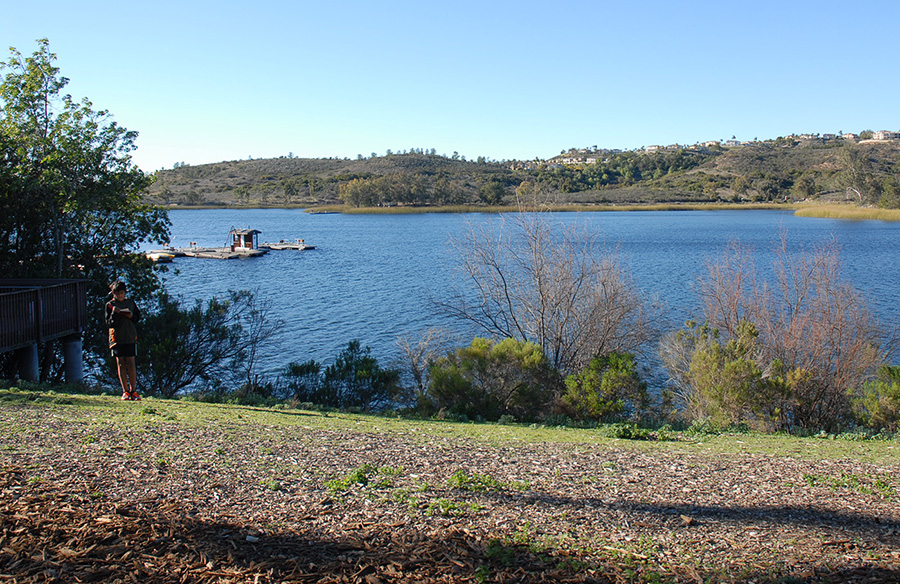
(Tim Forkes)
Why don’t we do more for our planet? Greed is the correct answer. The collective “we” are still destroying our forests — by burning them no less — the sponges that absorb significant amounts of greenhouse gasses, protect water ways, enhance soil nutrition and provides buffers between natural disasters and probably a few man-made disasters as well. Can we end, or put a serious dent in, plastic pollution? Of course the answer is “yes we can,” but do we have the cultural will to do it? Can we adjust — change — our diets to reduce our food print on the planet? Of course we can, but do we have the collective and individual will to do it?
Two years ago I started changing my diet, by eating more fruits and vegetables, less meat, although I didn’t cut down much on carbs. That’s my next health hurdle, but the point is I changed my eating habits. I didn’t do a hard left into being a vegetarian, but I definitely adjusted the amounts I was consuming with each meal. I can’t remember the last time I ate so much I couldn’t get up from the table.
One reason for this change was to lose weight and be healthier. The other reason was to change my food print on the planet. Eating a lot of red meat is not only unhealthy, animal agriculture contributes almost 15% of the greenhouse gases that are suffocating our planet. That’s a big one though. It is taking me a while to wrap my head — and lifestyle — around that one.
On my birthday my friends and I went to a somewhat famous San Diego steak house. My thoughts kept popping back to the cost of animal agriculture we are expecting our planet to pay. Over a year my beef consumption adds 1,611 kilograms (2,560.8 pounds) of greenhouse gas emissions. That doesn’t seem like a lot in the grand scheme of things, but if, let’s say, 500 million other people eat beef the way I do, 3-5 times per week. When we calculate that number with the baseline of 2,560.8 pounds of emission — and the answer is too large for my calculator’s screen. Google’s calculator says that half a billion people that eat meat the way I do add 768,240,000 pounds of greenhouse gas emissions. If just half of those people cut their meat consumption in half we would be putting a significant dent in the amount of greenhouse gases we put into the earth’s atmosphere.
Is changing something so essential as our food intake easy? No. But we can always reach out for help and not beat ourselves up for the times we fall short of our goals. Just get back on that horse and continue down the road to a healthier life and planet.
There are many other things we can do as individuals to help clean up the planet and its atmosphere; recycling and changing our use of plastic products helps, changing our lawns from grass to indigenous plants works, using solar panels and wind generators to power our homes —
— That’s where the fossil fuel energy companies jump in and object. For decades the fossil fuel industry liked putting the responsibility of cleaning the planet and atmosphere on the shoulders of the average citizens, those of us who recycle especially. “Do all that recycling and beach cleanup, but don’t you dare lower your intake of fossil fuels.”
As long as the fossil fuel companies could put out their commercials that mention a slight movement to alternative, renewable sources of fuel, they could make ads with a passive/aggressive message blaming consumers for all the problems associated with global warming. But the reality is that fossil fuels put more than 78% of the greenhouse gasses into our atmosphere.
The Crazy Shepherd monthly — and eventually weekly — began in 1982. I contributed a poem to that issue. But that’s not the point. From its earliest beginnings the Crazy Shepherd, which became the Shepherd Express after The Express merged with the Shepherd (whew, that’s mouthful) we published articles about the abuse being heaped on our planet. That was 40 years ago.
It wasn’t just one or two articles over these past four decades, it was many, more than I can remember. One of the facts from the earliest issues of the Crazy Shepherd I remember was this: What adverse effects do we get from destroying a football field size of Amazon rainforest per year? An estimated 13.2% of the Amazon River rainforest has been lost. In July 2022 satellite data revealed that just over 2.473 square miles of the Brazilian part of the rain forest has been lost.

(Tim Forkes)
The Amazon rainforest provides items such as medicines, water and food, but it also helps stabilize the climate. Roughly 76 billion tons of carbon is stored in the rain forest and 20 billion tons of water is released into the atmosphere, which is a major role in the planet’s atmosphere.
For more details on how the Amazon Rainforest is important click on this link to a web page from the World Wildlife Fund.
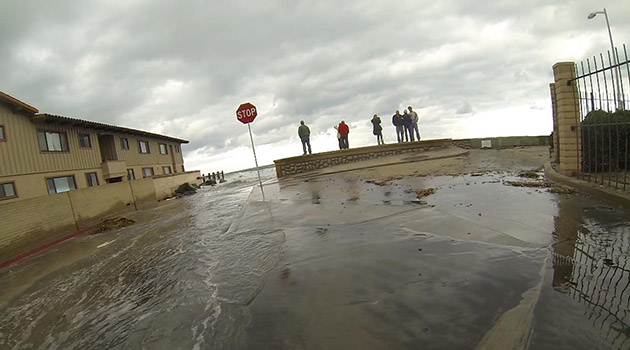
(Tim Forkes)
Today our federal government is doing diddley-squat to fight global warming or anything else for that matter because we don’t have a Speaker of the House which in turn means all the members of the House of Representatives are still not sworn in.
The Republicans were voted into control of the House, but but couldn’t agree on who should be the Speaker of the House. It took more than three days for Kevin to get elected to his dream job. How often can McCarthy be humiliated? He gets punched in the face vote after vote and with all the compromises he has made to members of his own party, clearly McCarthy has no principles, no hill he will die on. Kevin McCarthy will do and say anything to become Speaker of the House, which proves he has no business being in the speaker’s office and chair.
On Friday January 6, the second anniversary of the failed coup d’état at the U.S. Capitol, the White House held a ceremony to honor the police officers, and other civil servants, who sacrificed so much to protect our federal members of congress and our democracy itself. And this is true: many people in that mob of insurrectionists were armed. Not just with guns, but tasers, flag poles, pepper and other sprays.

https://youtu.be/otfPps9s8HM
It took 15 ballots — and a near fist fight between Matt Gaetz (R-FL) and Mike Rodgers (R-AL) — for Kevin McCarthy to become the Speaker of the House. What he gave up to appease the insurrectionists and pro-insurrectionists has made him the weakest speaker in the modern era. And we thought speakers couldn’t get any weaker than John Boehner.
It will only take one house member to trigger a vote of no confidence, a vote to have the newly-elected speaker removed from that position. It’s officially called “A motion to vacate the chair.” In his long-relayed acceptance speech McCarthy vowed to use the “power of the purse” and the “power of the subpoena” to press for his party’s craziest plans. He knows that rather than have a position of power in the House of Representatives, McCarthy is being held hostage by the craziest end of his party.
Of course, Democrats can look to the Republicans in the previous congress for suggestions on what to do with those subpoenas.
This means we can’t expect any meaningful climate crisis legislation to get passed for the next two years, not while the seditionists control the House of Representatives. The Seditionist Party is so fractured we probably won’t see any legislation get passed. This is what happens when you invite the nut bars into your party.
Go ahead and cry if you want to, Kevin. Just remember you helped many of your detractors and haters get elected and then re-elected.
Meanwhile big storm swells have been hitting Southern California all week, to go along with the heavy rainfall. All of this has been triggered by an “atmospheric river,” whatever the hell that is. Okay, Weather.com describes it, “… an atmospheric river (AR) is a thin but long plume of moisture in the atmosphere that stretches from the tropics or subtropics into higher latitudes.”
Well, we learn something new every day.
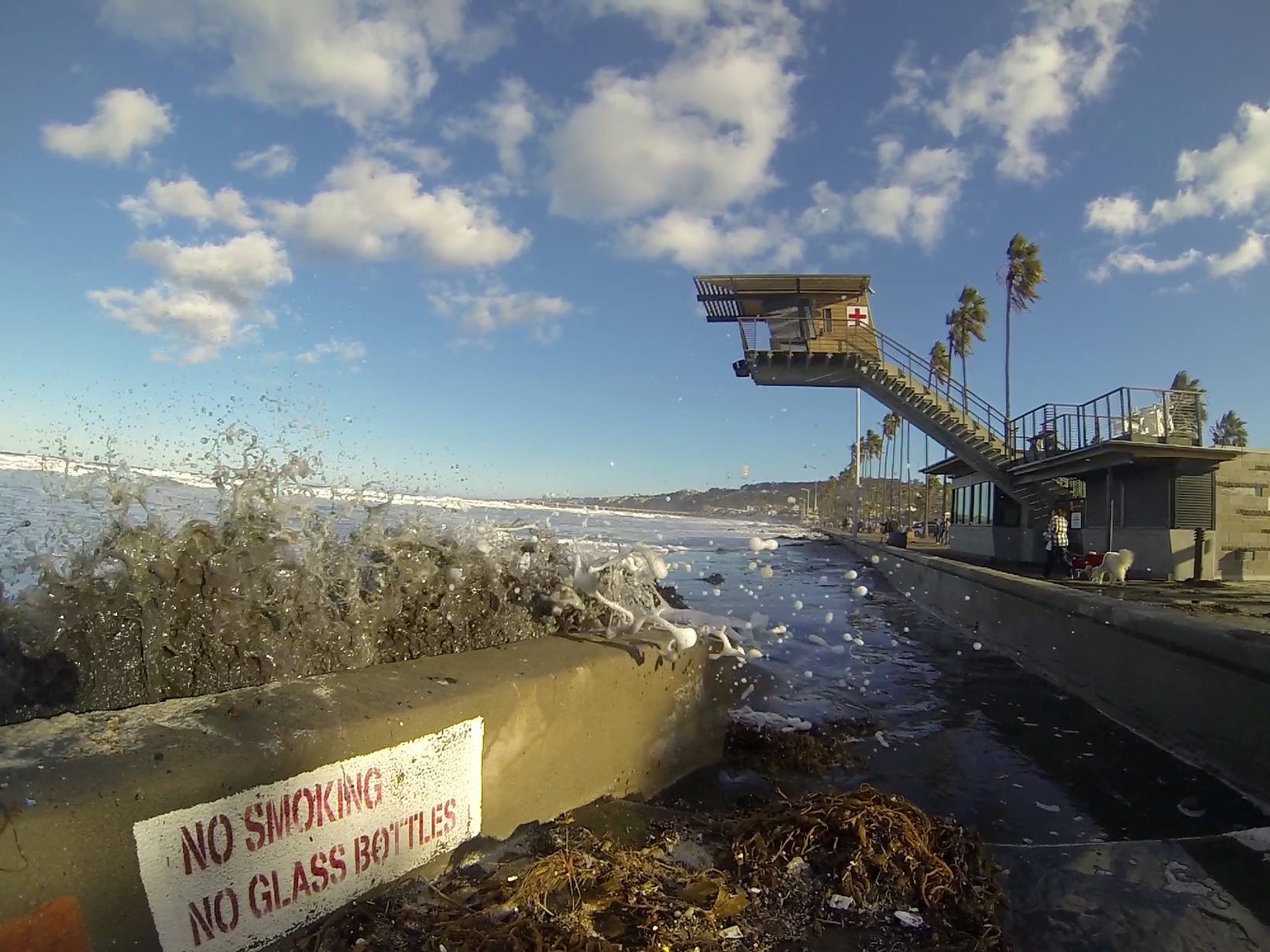

Tim Forkes started as a writer on a small alternative newspaper in Milwaukee called the Crazy Shepherd. Writing about entertainment, he had the opportunity to speak with many people in show business, from the very famous to the people struggling to find an audience. In 1992 Tim moved to San Diego, CA and pursued other interests, but remained a freelance writer. Upon arrival in Southern California he was struck by how the elected government officials and business were so intertwined, far more so than he had witnessed in Wisconsin. His interest in entertainment began to wane and the business of politics took its place. He had always been interested in politics, his mother had been a Democratic Party official in Milwaukee, WI, so he sat down to dinner with many of Wisconsin’s greatest political names of the 20th Century: William Proxmire and Clem Zablocki chief among them. As a Marine Corps veteran, Tim has a great interest in veteran affairs, primarily as they relate to the men and women serving and their families. As far as Tim is concerned, the military-industrial complex has enough support. How the men and women who serve are treated is reprehensible, while in the military and especially once they become veterans. Tim would like to help change that.

